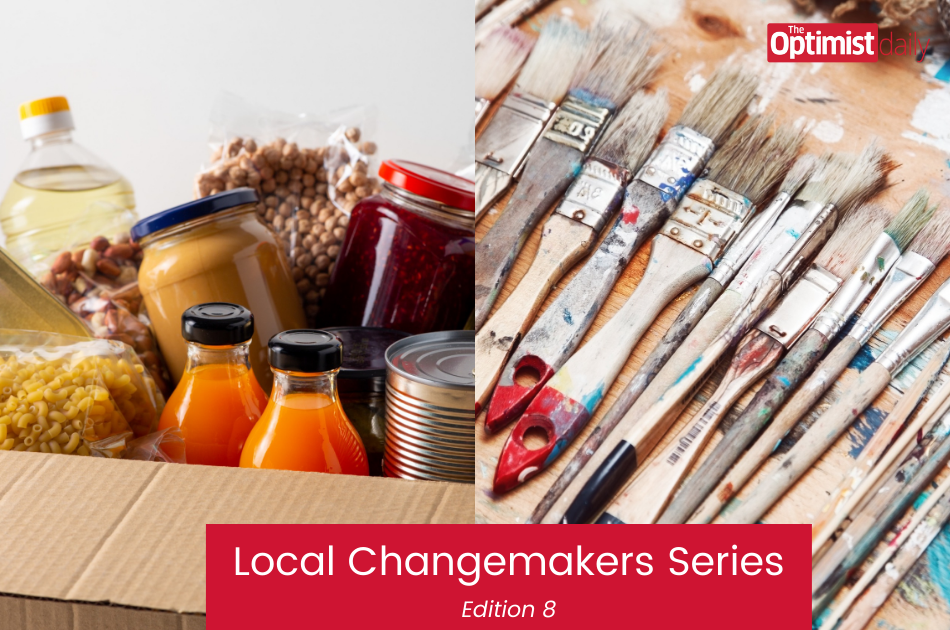In a bid to lower the carbon footprint of the agricultural sector, a French insect farming startup by the name of Ÿnsect is building the world’s largest insect farm in Amiens, a small city north of Paris.
As reported by TechCrunch, the facility will focus on raising mealworm beetles — specifically their larvae— for commercial uses, including fertilizer and as food for pets and aquaculture.
Ÿnsect has already teamed up with fish food producers in order to make an impact in the fast-growing salmon farming sector, which is currently 70 percent of the aquaculture market. Feeding all those salmon can deplete stocks of the wild fish they feast on, but by feeding those fish mealworms, fish stocks can recover.
Within Ÿnsect’s insect farm, which is set to open in 2022, stacks of mealworm larvae will be grown, with the insect farming made as automated as possible. Robots will handle the rearing and reaping, while an AI system monitors conditions to ensure the bugs, fed with local crop waste, are happy. When the new facility opens, the startup expects to produce 100,000 tons of mealworm products annually.












